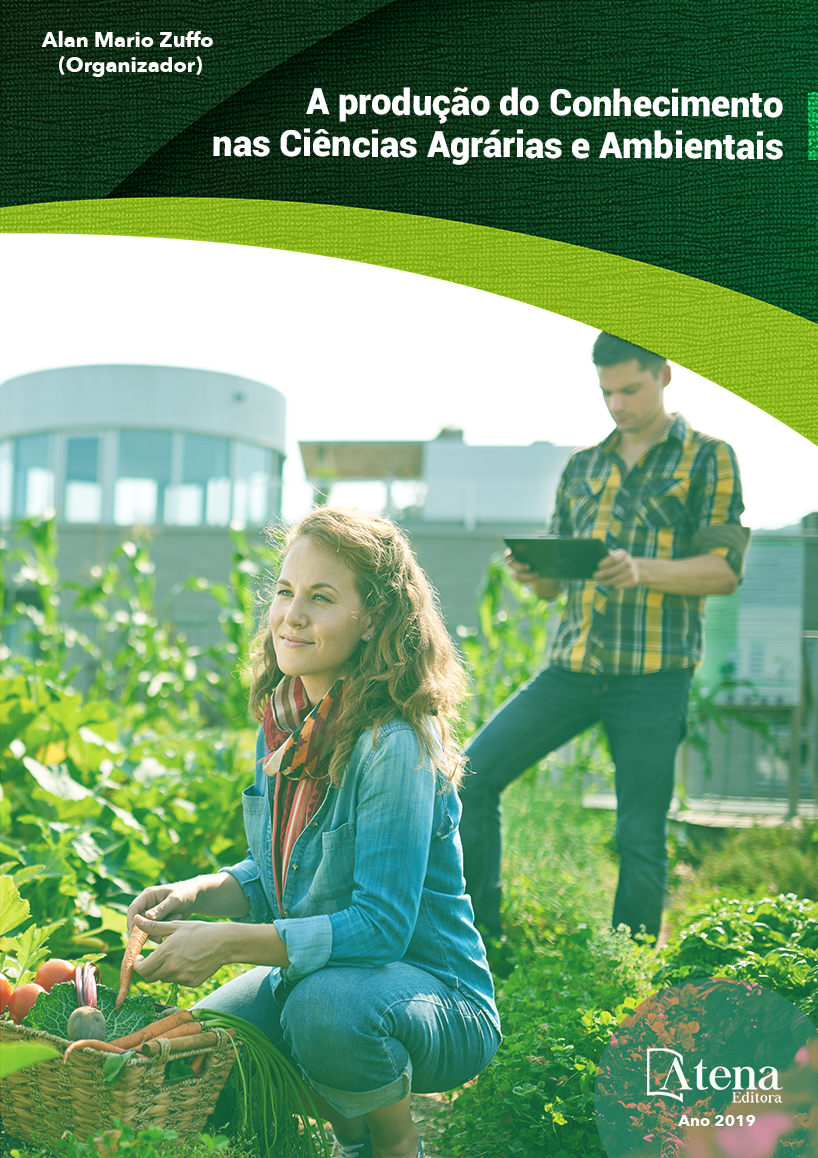
A TRANSIÇÃO AGROECOLÓGICA COMO ESTRATÉGIA PARA PARA DESENVOLVIMENTO SUSTENTÁVEL E A SEGURANÇA ALIMENTAR E NUTRICIONAL
Diante dos impactos da agricultura
convencional de larga escala na saúde humana
e nos ecossistemas, modelos alternativos de
produção de alimentos, desenvolvidos com
base em princípios ecológicos, têm ganhado
reconhecimento científico e social, com
destaque para os sistemas agroecológicos de
produção. Organizações internacionais como
a Organização das Nações Unidas, por meio
da FAO e dos Objetivos de Desenvolvimento
Sustentável - ODS, têm incentivado o
fortalecimento da agricultura familiar para
a promoção da alimentação adequada e
saudável. O objetivo deste artigo é refletir
sobre a transição agroecológica de agricultores
familiares como estratégia possível para
atingir maiores patamares de sustentabilidade,
incluindo a promoção da segurança e soberania
alimentar. A transição agroecológica é entendida
em sentido mais amplo do que a conversão dos
sistemas produtivos, considerando os múltiplos
fatores e dimensões sociais envolvidas. A
reflexão foi conduzida por meio de revisão
bibliográfica realizada como etapa da pesquisa
de mestrado, iniciada em 2017.
A TRANSIÇÃO AGROECOLÓGICA COMO ESTRATÉGIA PARA PARA DESENVOLVIMENTO SUSTENTÁVEL E A SEGURANÇA ALIMENTAR E NUTRICIONAL
-
DOI: 10.22533/at.ed.8451926042
-
Palavras-chave: transição agroecológica, sustentabilidade, segurança alimentar, soberania alimentar, objetivos de desenvolvimento sustentável
-
Keywords: Agroecological transition, sustainability, food security, food sovereignt, sustainable development goals
-
Abstract:
Faced with the impacts of largescale conventional agriculture on human health
and ecosystems, alternative models of food
production, developed on the basis of ecological
principles, have gained scientific and social
recognition, with emphasis on agroecological
production systems. International organizations
such as the United Nations, through FAO and
the Sustainable Development Goals (ODS),
have encouraged the strengthening of family
farming to promote adequate and healthy food.
The objective of this article is to reflect about
the agroecological transition of family farmers
as a possible strategy to achieve higher levels
of sustainability, including the promotion of food
security and sovereignty. The agroecological
transition is understood in a broader sense than the conversion of production systems, considering the multiple factors and social
dimensions involved. The reflection was conducted through a bibliographical review
carried out as a stage of the master ‘s research, begun in 2017.
-
Número de páginas: 15
- Ednilson Viana
- Homero Fonseca Filho
- Aline Queiroz de Souza


